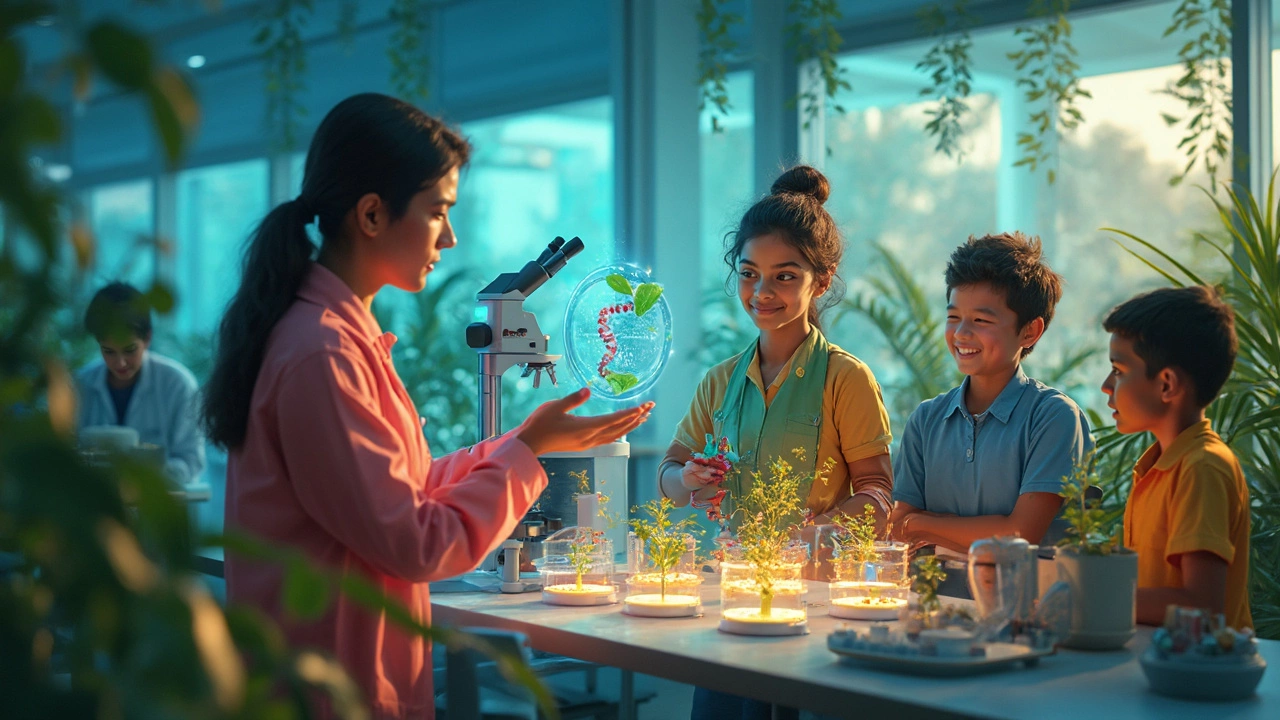Disease Treatment: How Science Is Changing the Way We Fight Illness
When we talk about disease treatment, the methods and technologies used to cure, manage, or prevent illness. Also known as medical intervention, it's no longer just about pills and procedures—it’s about precision, timing, and understanding the body at a molecular level. Today’s best disease treatment doesn’t just attack symptoms. It targets the root cause, often down to a single cell.
Take nanomedicine, the use of nanoparticles to deliver drugs exactly where they’re needed. Drugs like Doxil and Abraxane don’t flood your whole body with chemicals. They ride tiny carriers straight to cancer cells, cutting side effects by half. This isn’t science fiction—it’s in hospitals right now. And it’s not just cancer. Nanoparticles are being tested for brain diseases, heart conditions, and even infections that resist antibiotics.
Then there’s AI in healthcare, artificial intelligence used to analyze medical data, predict outbreaks, and personalize treatment plans. It’s not replacing doctors. It’s helping them see what the human eye misses. AI spots tumors in scans faster than radiologists. It predicts which diabetic patients are at risk of kidney failure before symptoms show. And it’s doing this with data from millions of patients—something no single doctor could ever track.
But even the smartest drug or AI tool fails if the system around it is broken. That’s why the public health approach, a strategy focused on preventing disease before it starts, not just treating it after is just as important. Heart disease is still the top killer in the U.S.—not because we lack treatments, but because food systems, stress, and inequality keep people sick. Fixing that means changing how we eat, how we work, and who gets care. It’s not glamorous. But it saves more lives than any new drug.
What you’ll find in the posts below isn’t a list of miracle cures. It’s a real look at what’s working, what’s overhyped, and what’s quietly changing medicine right now. From nanoparticles in cancer drugs to how AI is reshaping diagnosis, from the truth about food additives to how public policy shapes who lives and who doesn’t—you’ll see the science behind the headlines, stripped of fluff and backed by data.
Biotechnology's Global Revolution: How Medical Innovations Are Healing Our World
Jul, 2 2025
Explore the real-world impact of biotechnology as it transforms disease treatment, agriculture, and environmental health. Discover practical advances healing our world.
Read Article→